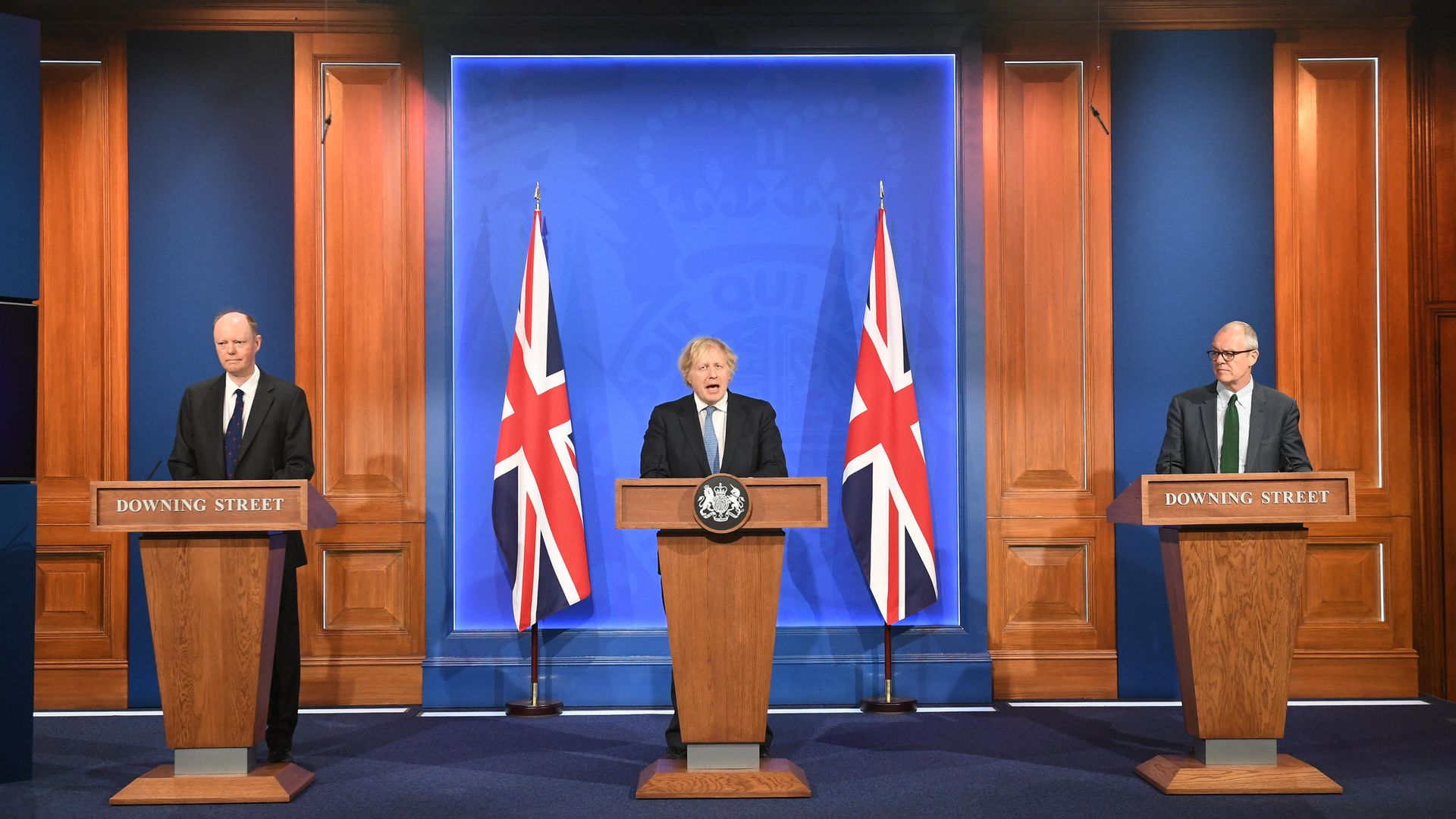
The job of the Covid-19 vaccination programme is not yet “done”, an immunisation expert has said as scientists are split on whether the Government should press ahead with the final stages of easing social restrictions later this month.
Professor Adam Finn, of the Joint Committee on Vaccination and Immunisation (JCVI), said there are still many people who are vulnerable to the effects of Covid-19 as he warned “the idea that somehow the job is done is wrong”.
Experts are divided over whether the final stage of easing social restrictions should press ahead on June 21 amid a surge in cases of the new variant first identified in India.
Prof Finn, from the University of Bristol, told BBC Radio 4’s Today programme: “There’s vulnerability across the country. The idea that somehow the job is done is wrong.
“We’ve still got a lot of people out there who’ve neither had this virus … nor yet been immunised, and that’s why we’re in a vulnerable position right now.”
He told LBC that pressing ahead with the easing of restrictions on June 21 “may be a bad decision”.
Professor Ravi Gupta, a member of the New and Emerging Respiratory Virus Threats Advisory Group (Nervtag), said a delay of a few weeks could have a significant impact on Britain’s battle against the pandemic and recommended it should be made clear to the public that it would be a temporary measure based on the surge in cases of the new variant.
“Even a month delay could have a big impact on the eventual outcome of this,” Prof Gupta told ITV’s Good Morning Britain.
However, Robert Dingwall, professor of sociology at Nottingham Trent University, said it was important to press ahead with the June 21 easing from a societal point of view.
He told Times Radio: “I personally don’t see any case for delay … from a societal point of view, I think it’s really important that we go ahead on June 21 and I’ve not really seen anything in the data that would lead me to doubt that as a proposition on the evidence to date.
“I think we need to recognise the way in which levels of fear and anxiety in the population have been amplified over the last 15 months or so.
“We’ve got to look at the collateral damage in terms of untreated cancers, untreated heart conditions, all of the other things that people suffer from.
“We’ve got to think about the impact of economic damage that would be caused by further periods of delay and uncertainty.
“What we see at the moment, I think, is really a preview of what it means to live with Covid as an endemic infection – these waves will come, they will pass through; there will be high levels of mild infections in the community for periods of time, a handful of people may be seriously ill, even fewer may die.
“But that’s what happens with respiratory viruses and we’ve lived with 30-odd respiratory viruses for since forever.”
He added: “By the time we get to June 21, everybody who is in the nine priority groups or the highest risk will have had both jabs and would have had a period of time to consolidate the immunity.
“What are we going on with is really running into younger age groups who are intrinsically much lower risk. Many of the scientists who’ve been talking over the weekend simply haven’t adjusted their expectations to understand that – (for these people) Covid is a mild illness in the community.”
The government’s former chief scientific adviser said ministers need more data before they can make a final decision.
“We need to substitute speculation for scientific data that’s the truth of the matter, as everyone has said in the last few days, the situation is very delicately balanced with some three sets of moving parts,” Professor Sir Mark Walport told BBC Breakfast.
“Firstly, we have got a new more transmissible variant, of that there is no doubt, though we don’t know exactly how much more transmissible.
“Secondly, there’s been a change in behaviour following the relaxation of measures on May 17 and the effects of that will just be starting to come through.
“Thirdly, we’ve got a vaccination programme that is very successful, but with a lot of people that still need both their second dose of vaccine and vaccination from scratch.
“I’m afraid that weeks before the prime minister has to make the difficult decision it is going to be necessary to bring in the data.”
Asked if the nation is in the foothills of another wave, he added: “I hope not, but it’s not impossible.”
Warning: Illegal string offset 'link_id' in /mnt/storage/stage/www/wp-includes/bookmark.php on line 357
Notice: Trying to get property 'link_id' of non-object in /mnt/storage/stage/www/wp-includes/bookmark.php on line 37






